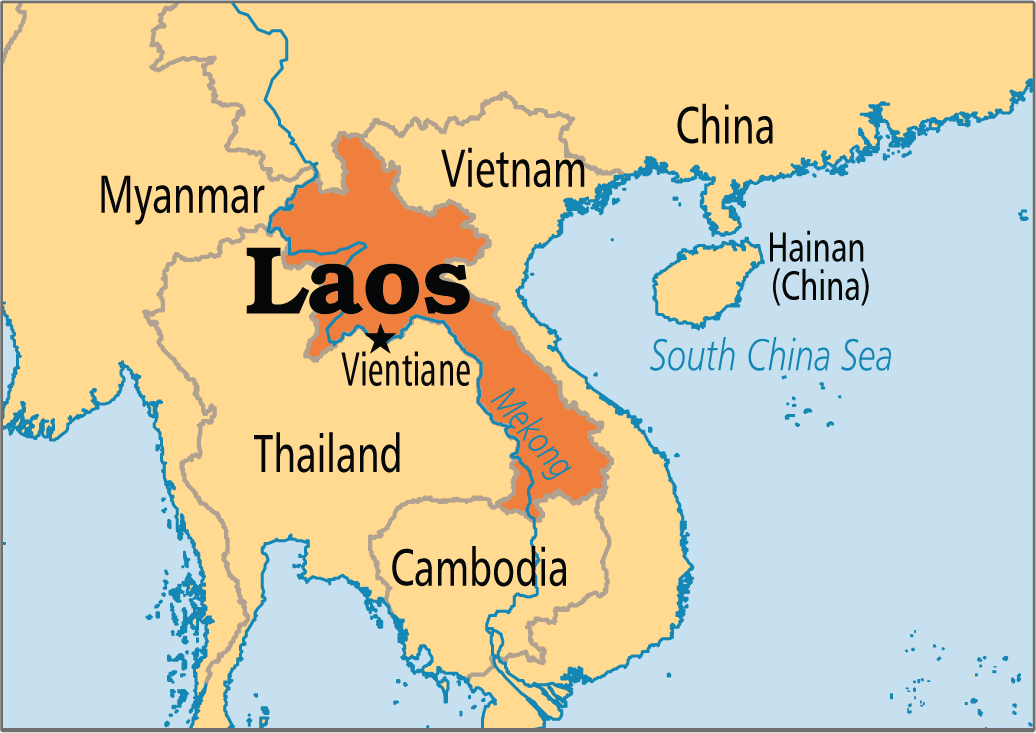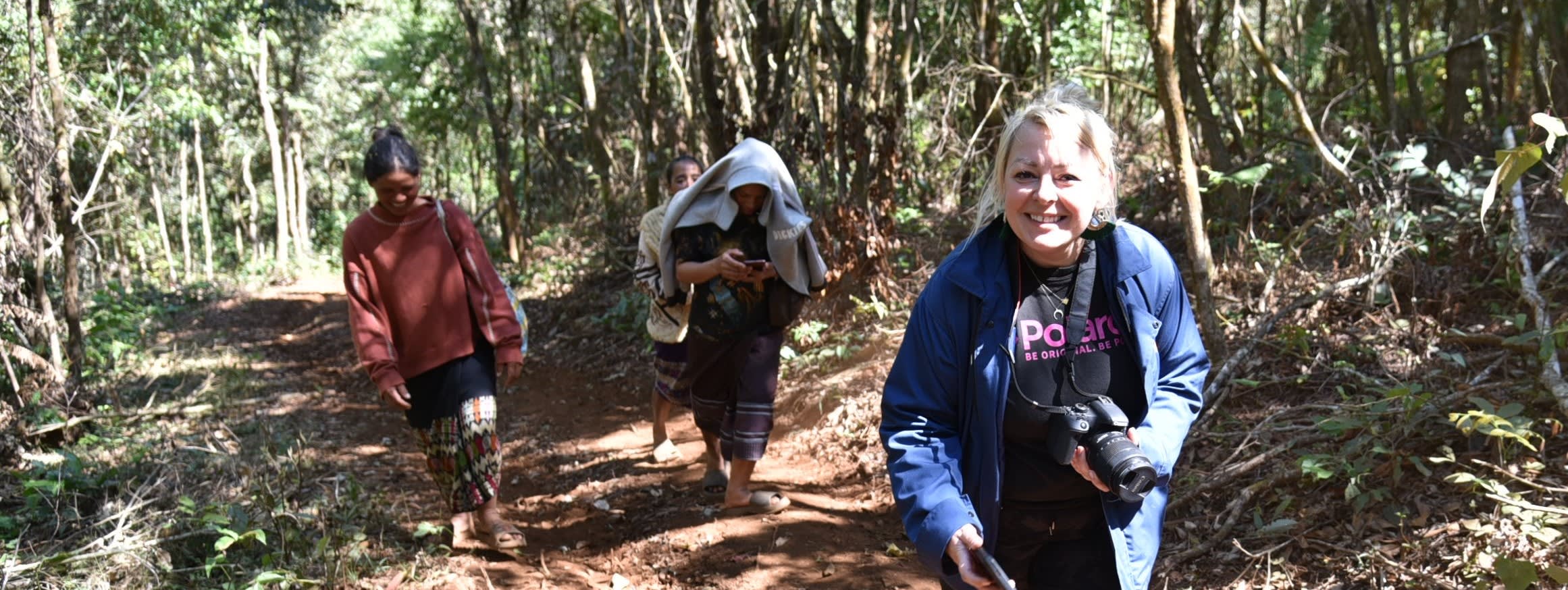#VETSVolunteerVoices aims to bring you the stories of our passionate VETS program volunteers from the field. This blog was written by Izabela Wlodarczyk, a Communications Volunteer supporting our VETS partner, CARE International, in Laos (February - June 2024).
 When I learned that I’d be a Volunteer Communications Advisor in Vientiane, Laos, I was very excited to be supporting VWB’s local VETS partner, CARE International. For the next 5 months, I would be building local capacity on all the things I love – communications strategy, social media, public relations, and content creation.
When I learned that I’d be a Volunteer Communications Advisor in Vientiane, Laos, I was very excited to be supporting VWB’s local VETS partner, CARE International. For the next 5 months, I would be building local capacity on all the things I love – communications strategy, social media, public relations, and content creation.
Upon arriving in Vientiane, I underwent an orientation, met with office staff, and received a comprehensive safety and security briefing. During this session, I learned a staggering reality: between 1964 and 1973, Laos endured the drop of an estimated 270 million sub-munitions, earning it the somber distinction of being labeled the "world’s most bombed country". Additionally, I was informed about the lingering threat posed by approximately 80 million cluster bombs and unexploded ordnances (UXOs) that still lurk in the jungles and beneath the soil, claiming lives and causing grievous injuries each year. These lethal remnants are often inadvertently stumbled upon by children, unearthed during agricultural activities, or triggered by nearby cooking fires (1).
Even as an avid traveler, with more than 40 countries under my belt, my heart stopped for a moment when I found out I’d be visiting farms and rural communities in the south of the country. “Just stay on the path and only walk where the villagers walk,” my colleague calmly advised. “Stay with the team and don’t stand near any vehicles with scrap metal.” Eyes wide, I nodded and vowed to not move an inch without their approval.
As is often the case, it turns out my worries, though logical, were not necessary. The government of Laos is consistently working on clearing large areas of land from UXOs with the help of local and international organizations. And while exercising a certain level of caution just plain smart when visiting rural areas, I was in good hands with the team and local staff.
PHOTO: Izabela makes her way to a coffee farm in the Sekong area, accompanied by local women and farmers.
And so it happened that two weeks after flying into Vientiane, I flew out again to the southern Sekong region to interview participants of CARE's coffee and health related projects - projects that are supported by VETS. When we arrived at the farms, I worked with CARE's Senior Communications Officer, Koungming Changleuxai, to collect stories. We exchanged ideas and I suggested things that I’ve implemented in other countries with success – a template to ensure consistency during interviews and a checklist to help us remember which pieces of content we’d need. While Koungming interviewed participants, I took pictures, remembering to stay on the beaten path.
Despite the language barrier, I made attempts to interview project staff and participants myself. With Phetsala Kethongsa, CARE Project Officer, acting as translator, I chatted with a few female coffee farmers. To break the ice, we made light conversation about their work and family lives while sitting under the shade of a nearby tree. We laughed about how big their families were in comparison to mine and I told them there were no wrong answers when it came to my questions. I asked them how many hours they spend working at the farms and with their children.
PHOTO: Izabela interviews women from the SuPER WE Coffee Project, a women's economic empowerment project by CARE that is supported by VETS.
I also asked them to tell us what needed improvement and how their lives have been affected by the project. While speaking with them, the Project Officer mentioned that the women rarely get to see how they show up in our content and so we decided to change that.
As NGO workers, we sometimes forget that most people in remote areas do not access our blogs and social media, and as such, may never see themselves in print. That is something we can change simply by sending along some of the print materials we create, or sharing our images as we take them. It’s a small step that can build trust and make a world of difference to strengthen our relationships with the people whose lives we hope to empower.
PHOTO: Izabela shares her photography and a moment of connection with one of the SuPER WE Coffee Project farmers.
In March, I am shifting my focus to international days, creating content and supporting local staff at an International Women’s Day city-wide event and National Nutrition Forum, developing content to share on social media and internally with staff all over the country. In the coming months, I will be facilitating workshops about content marketing, effective communication, and social media strategy to share knowledge and build local capacity in these areas.
I’m looking forward to seeing what we can do… this time, off the beaten path.
VETS is a 7-year initiative (2020-2027) to improve the economic and social well-being of marginalized people, particularly women and girls, in 6 countries across Africa and Asia. In collaboration with local partners, the program is implemented through 190 Canadian volunteers on international assignment and is generously funded by Global Affairs Canada. Learn more.





